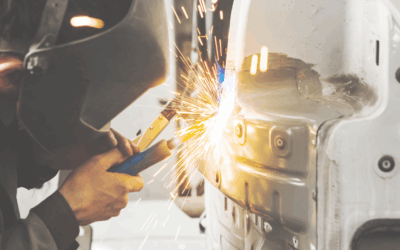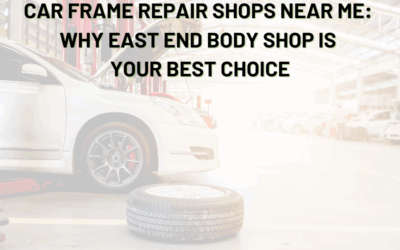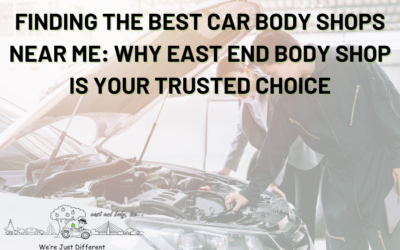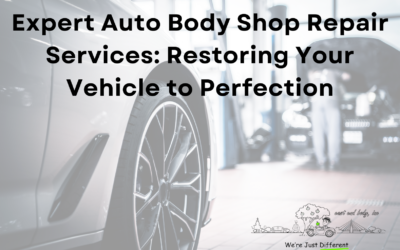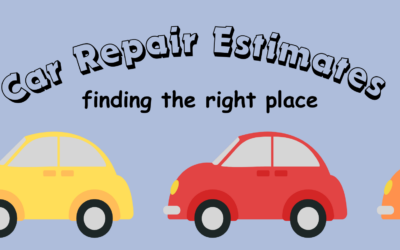Car insurance can be like taxes; only the people working in that field really understand all the jargon and what is really going on. With so many types of coverage, and an endless amount of providers, it’s no wonder we are all so confused about exactly what type of coverage we have. Well, we’re here to answer some of the most common car insurance questions.
Do I have car insurance?
This might seem like a ridiculous question, but this question pulls up over 30 million results in Google. It is important to know if you have insurance, and if your insurance is up to date (it can expire every month, every six months, or more depending on how you set up your billing). Car insurance is required in all 50 states in order to operate a vehicle.
How much car insurance am I required to have?
This will be determined based on what state you live in. Different states have different requirements as to the bare minimum of insurance. However, all the state is mainly concerned with is liability coverage. That means if you injure someone else in an car accident, you will be able to pay for the damage through insurance.
What is a deductible?
Most individuals will have a deductible on their insurance. The most common ones are $500, $1,000, and $1,500. This means that if you need to use your insurance, you will need to pay this amount before your insurance will begin covering the cost. For instance, if you open your car door and dent it on a post and the repair price is $700 and you have a $500 deductible, you will need to pay the $500, and the insurance will pick up the remaining $200.
Does my credit rating influence my car insurance rates?
A lot of people don’t think about their credit rating when shopping for car insurance, but it can actually influence your rates. For instance, those with lower credit scores or a “young” credit history might have to pay more for coverage than those with good standing credit ratings.
How can I save money on car insurance?
The easiest way to save money on car insurance is to cut down your coverage. While this can save you some money month to month, it can end up costing you in the end. If you end up under-covered and you are involved in an accident, you may not be able to repair your vehicle or receive money for a new one. The best way to save money is to drive safely, don’t get any traffic violations, pay your insurance bill on time, and do your best to keep your driving record clear. If you have other vehicles or a home that is also insured, bundling these can help you save as well.
Will I have to pay more for insurance if I am young?
Typically, yes. Age is one of the factors that determine your cost for coverage, along with gender. Males under 25 pay the highest insurance premium, while married females pay lower rates. These demographics are determined by a lot of statistical data about those who pose a higher risk behind the wheel.
What is the difference between comprehensive coverage and collision coverage?
The two couldn’t be more different. Comprehensive coverage helps protect you from “Acts of God” and theft. This means things like tree limbs falling on your car during a storm, or deer jumping in front of you as you drive down the road. Collision coverage protect you in the events that your vehicle is involved in a collision with another vehicle, whether it’s your fault or not, including hit and runs.
What is the difference between Bodily Injury coverage and Medpay?
Bodily Injury will cover others that you injure with your vehicle. Medpay will cover you in the event that you are injured in a car accident.
What car insurance coverage should I get?
Obviously you are required to get the state minimum. But the best thing you can do is sit down with an insurance agent and speak with them about the necessities for coverage. There will be many factors that will determine the best coverage for you, and will differ person to person.
Do I need more than the state minimum coverage?
While you aren’t required to get anything more than the bare minimum coverage, it is always recommended to get more. This will protect you in the event of an accident. Why save pennies now when it could end up costing you thousands down the line?
Related Articles
Auto Frame Repair Welding: Everything You Need to Know
When a collision damages your car, you need to check the frame first. The frame holds everything together — it’s the backbone of your vehicle. Even a minor impact can throw off the structure and compromise your safety. To fix it properly, you need a reliable and...
Car Frame Repair Shops Near Me: Why East End Body Shop Is Your Best Choice
You're likely facing a serious vehicle issue when you search for car frame repair shops near me. Frame damage isn’t just cosmetic—it’s structural and can affect your vehicle’s safety, alignment, drivability, and even its resale value. Whether you've been in a major...
Finding the Best Car Body Shops Near Me: Why East End Body Shop Is Your Trusted Choice
When you search for "car body shops near me," you're likely looking for a team of professionals who can restore your vehicle to its former glory. Whether you've been in an accident, want to fix cosmetic damage, or need a complete overhaul, finding a reliable shop is...
The Best Auto Body Shop Near Me: Top Tips to Find Reliable Car Repair in Huntington, West Virginia
Finding a trustworthy, top-quality auto body shop is essential for restoring your car to its original condition after an accident or even for routine maintenance. For those searching for "the best auto body shop near me" in Huntington, West Virginia, we've compiled an...
Expert Auto Body Shop Repair Services: Restoring Your Vehicle to Perfection
When it comes to getting your car back on the road after an accident or fender bender, choosing the right auto body shop repair service is essential. At East End Body Shop, we pride ourselves on delivering top-tier repair services that restore your vehicle's...
The Importance of Getting Multiple Car Repair Estimates
When it comes to car repairs, it's essential to make informed decisions that not only address the issues at hand but also protect your wallet. One crucial step in this process is obtaining multiple car repair estimates. By obtaining multiple estimates, you gain...

